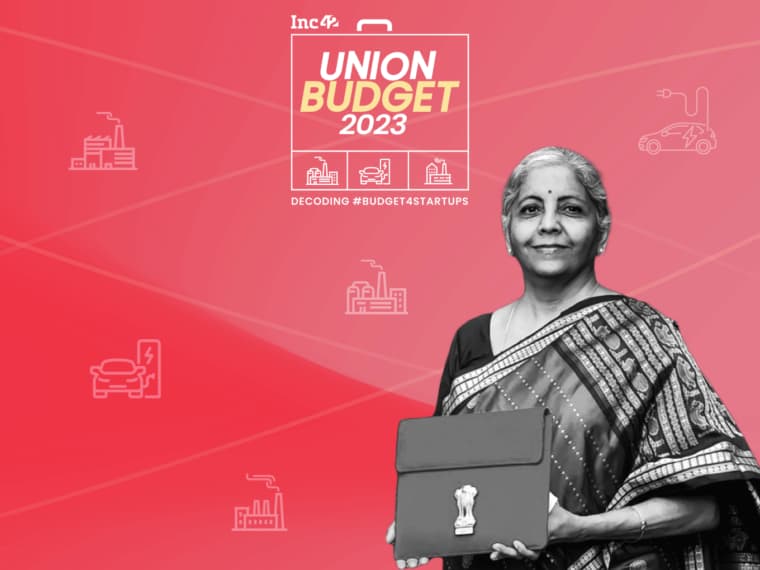
The government's another push to the EV market in the country comes at a time when the space is showing a leapfrogging growth
My indirect tax proposals will aim to promote exports, boost domestic manufacturing, enhance domestic value addition, encourage green energy, and mobility: Sitharaman
Further, battery energy storage systems with capacity of 4,000 MWh will be supported with Viability Gap Funding, the FM said
In another push to the fast-growing electric vehicle (EV) market in the country, the Indian government is extending customs duty exemption to the import of capital goods and machinery required for manufacturing of lithium-ion (Li-ion) cells for batteries used in EVs, the finance minister Nirmala Sitharaman announced on Wednesday (February 1).
“My indirect tax proposals will aim to promote exports, boost domestic manufacturing, enhance domestic value addition, encourage green energy, and mobility. A simplified tax structure with fewer tax rates helps in reducing compliance burden and improving tax administration. I propose to reduce the number of basic customs duty rates on goods other than textiles and agriculture from 21(%) to 13(%),” said Sitharaman.
It is pertinent to note that helped by various incentives and subsidies provided by the Indian government under the FAME-II scheme and other policies, the Indian EV industry has witnessed a significant surge in adoption rate as well as in the number of manufacturing players joining this segment. While the major development has taken place in the two-wheelers and three-wheelers space, the overall evolving technology in the EV and related space is bringing in a wave of change across vehicle categories.
In 2022, India’s EV registrations stood at over 10 Lakhs. The country has seen EV registration of over 1 Lakh already within a month of entering 2023.
“To steer the economy on sustainable development path, battery energy storage systems with capacity of 4,000 MWh will be supported with Viability Gap Funding,” the Union minister added































 Ad-lite browsing experience
Ad-lite browsing experience